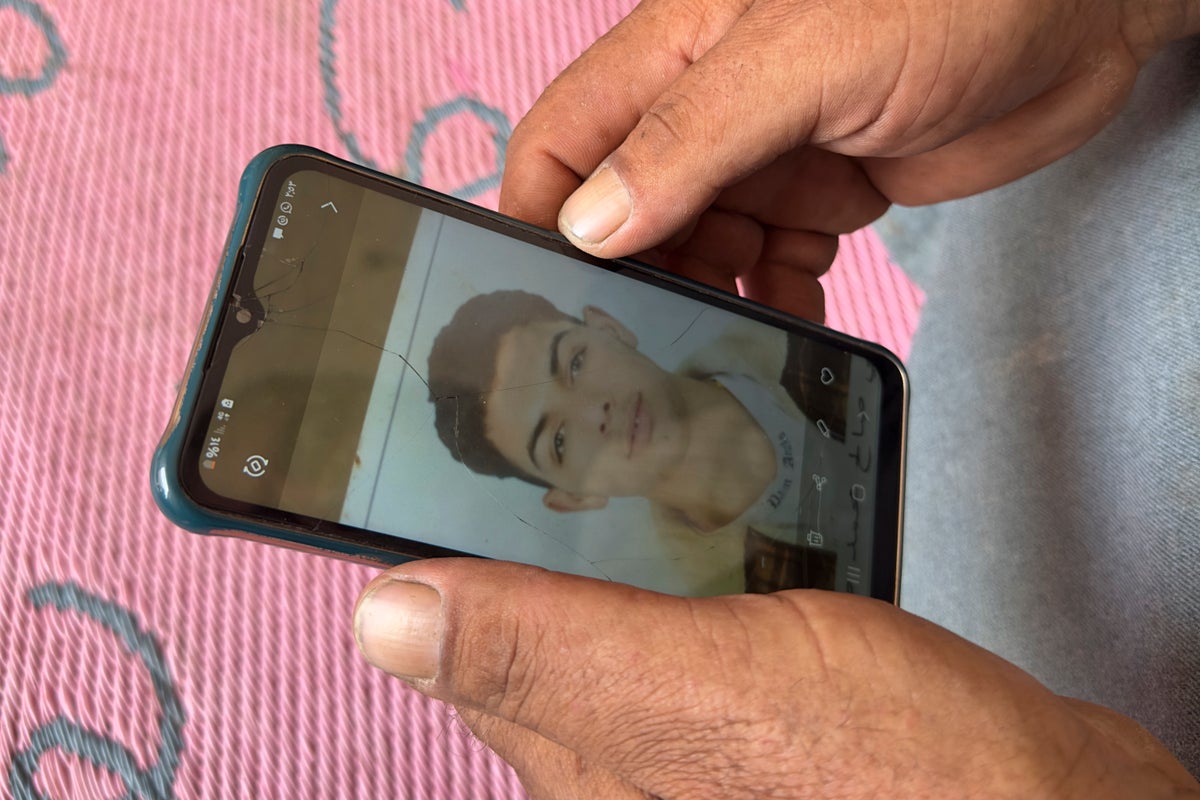
Across the span of nearly a week, the saga of a lost submersible that had gone into the depths of the ocean to see the Titanic wreckage rippled across the national and global conversation — culminating in news that the craft had imploded and its five occupants were dead.
But a far bigger disaster days earlier, the wrecking of a ship off Greece filled with migrants that killed at least 80 people and left a horrifying 500 missing, did not become a moment-by-moment worldwide focus in anywhere near the same way.
One grabbed unrelenting, moment-to-moment attention. One was watched and discussed as another sad, but routine, news story.
What makes these two events at sea different in how they were received? Viewed next to each other, what do they say about human reactions to tragic news? And why did the saga of the submersible grab so much attention?
AN UNKNOWN OUTCOME AND (WE THOUGHT) A TICKING CLOCK
By the time the world learned about the Greek shipwreck, the event had already taken place and, to some extent, the outcome was already known. All that was left was the aftermath.
Conversely, the Titan (the world thought) was an event in the process of happening — something that unfolded in real time with a deadline attached. As with any narrative, a ticking clock increases tension and attention.
The fact that no one could communicate with the submersible — or learn anything about what the people inside were experiencing — only added to the potential for close attention.
A RENOWNED HISTORICAL TRAGEDY BACK IN THE NEWS
Before anything even went awry, the Titan was already venturing into a realm of existing high interest — the wreck of the Titanic, itself the archetype of modern disasters long before James Cameron's popular 1997 film. So there was an interest already baked in that had nothing to do with the submersible itself.
Cameron's reaction to the Titan disaster only made that connection more intense.
He told the BBC in an interview broadcast on Friday that he “felt in my bones” that the Titan submersible had been lost soon after he heard it had lost contact with the surface during its descent to the wreckage of the ocean liner at the bottom of the Atlantic Ocean. He said focus in the media over the next few days about the submersible having 96 hours of oxygen supply — and that banging noises had been heard — were a “prolonged and nightmarish charade.”
CLASS AND RACE PLAYED A ROLE
Many reactions and memes this week centered around the notion — fair or not — that one event involved rich people using the ocean as a playground, while the other was a sadly frequent recurrence of misfortune befalling people who lack status, resources or even a voice in the modern marketplace of ideas.
Apryl Alexander, a public heath professor at University of North Carolina-Charlotte who has studied trauma and survivors, said the migrants from Africa didn’t seem to engender the same interest from the public as did the wealthy individuals who paid $250,000 apiece to explore the Titanic.
That reminded Alexander of the differences in news coverage of crime in the United States. Crimes get more attention when the victim is white and wealthy compared to a person of color in poverty, Alexander says.
A SMALL GROUP OF PEOPLE HAD THE MEDIA'S EAR
Tim Recuber, an assistant professor of sociology at Smith College who studies mass media, digital culture and emotions, says people tend to be drawn to stories that allow them to empathize with the suffering of others — and that it’s easier to empathize when there are smaller numbers of people involved.
“I think some people are calling out this time around the sort of inequalities that are baked into it around class,” Recuber said. “We are able to learn who the people on the sub are because of who they are. They’re wealthy and they have access to the press. Divisions of race and national identity matter in terms of who gets empathized with.”
THE PUBLIC LIVES VICARIOUSLY THROUGH RISKS OTHERS TAKE
Risk-takers who choose their risks have grabbed headlines almost since there have been headlines. So the public was likely enthralled about others cheating death by doing something dangerous, says Daryl Van Tongeren, a psychology professor at Hope College in Michigan who has studied the meaning around big events and their effect on people.
In other words, he said, readers and viewers can feel alive by living vicariously through others who are taking risks. “There’s this fascination with people who engage in these high-risk experiences,” Van Tongeren said. “Even though we know that death is the only certainty in life, we invest in these activities where we get close to death but overcome it. We want to demonstrate our mastery over death.” he said.
DISASTER FATIGUE IS A FACTOR, TOO
The pandemic. Mass shootings. Economic problems. War. Climate change. It can be hard for another piece of bad news to punch through. “People are starting to tune out,” Alexander said.
In the end, she said, she’d like to see the same level of societal interest in human tragedies regardless of race, religion, demographics, or other factors: “For all of us, we hope that if any of our loved ones go missing that the media and the public would pay the same attention to all stories."







